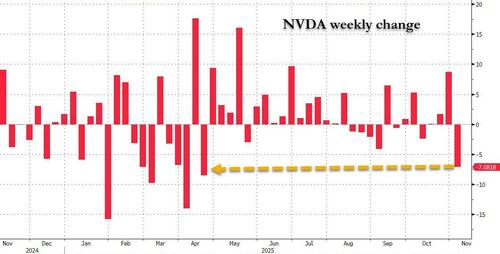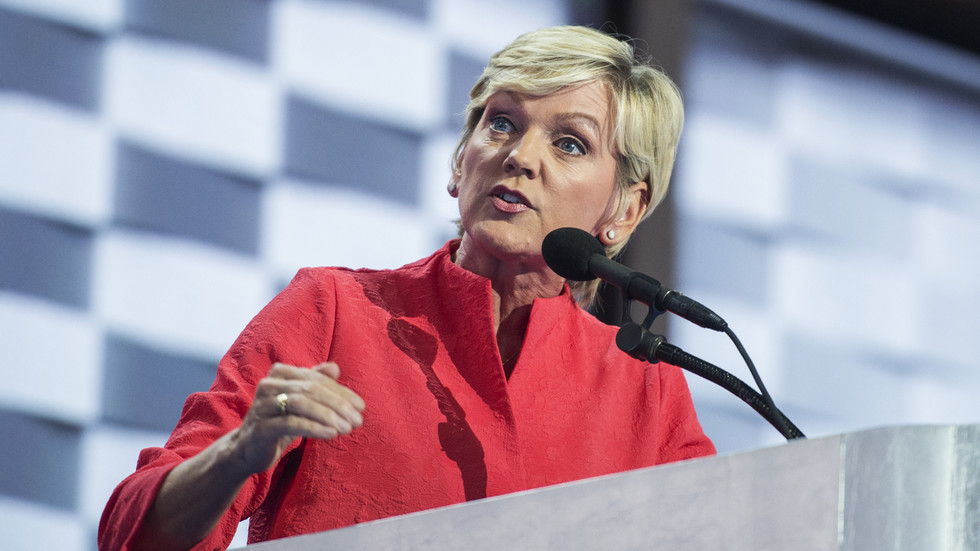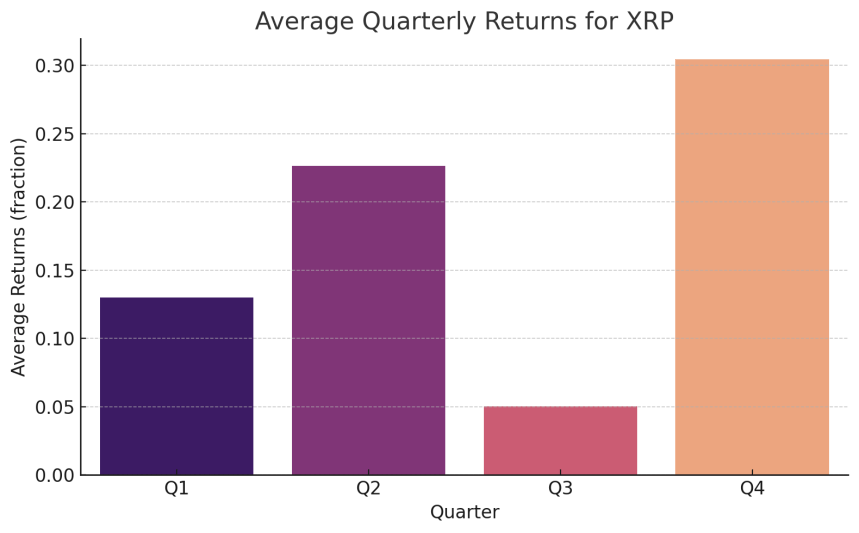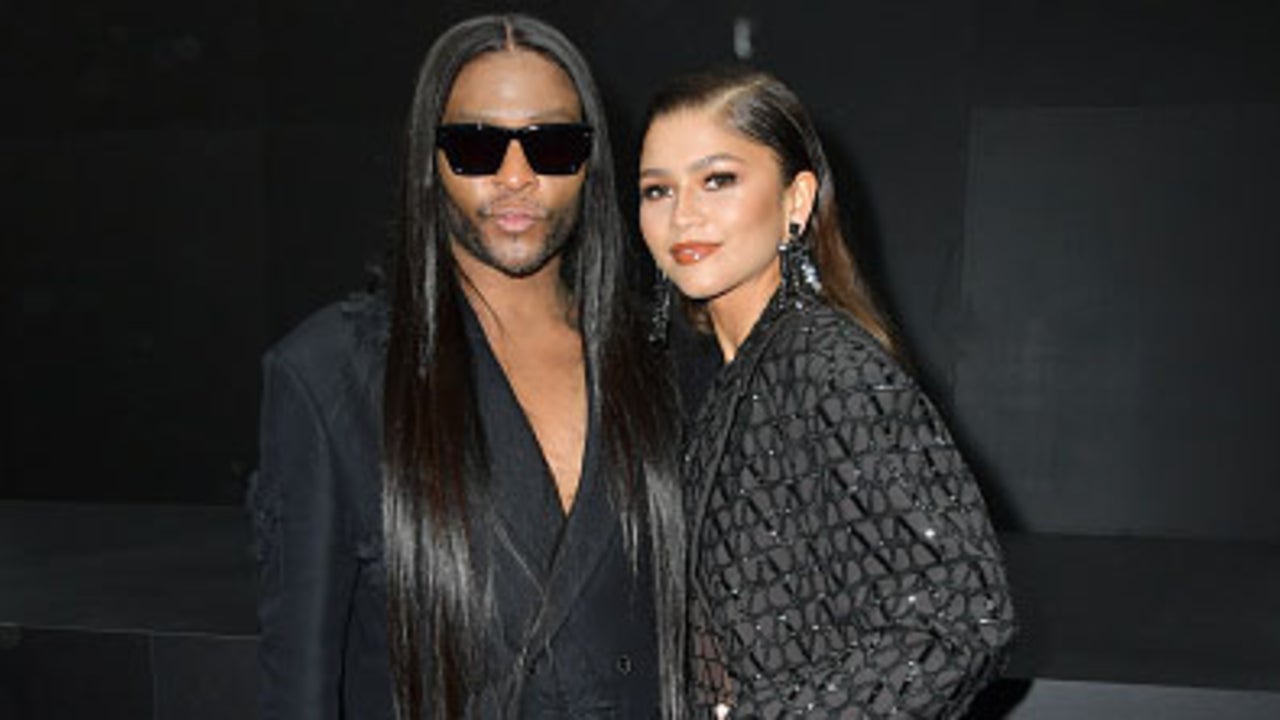SS Rajamouli’s RRR (Rise, Roar, Revolt in Telugu), has whipped up a frenzy globally, including in the United States (US). Its Naatu Naatu, a peppy dance number, won a Golden Globe for best original song, and also made it to the Oscars shortlist for best original song, while the film has found a place in the BAFTA longlist for a non-English film.
RRR is the epic, paisa-vasool, mainstream film, set in 1920s India, about Komaram Bheem (NTR Jr) and Alluri Sitarama Raju (Ram Charan), fictional heroes based on real-life revolutionaries, who overthrow the British colonial powers. Elevated with spectacular action sequences, rousing dances, and rich visual imagination and VFX, RRR is seen as different from the usual Bollywood formula, and that has helped it win crossover audiences.
The American media is awash with endorsements from high-profile filmmakers and talent, including Anthony Russo and Joe Russo, famous for directing four of the biggest Marvel Studios films. Producer Jason Blum, actor Jessica Chastain, directors James Gunn, Edgar Wright and Christopher Miller, and writer Jon Spaihts — all voting members of the Academy of Motion Picture Arts and Sciences, mind you — have gushed about the spectacle and emotion that the film invokes. As JJ Abrams summed it up, “I love its exuberance… the music, the insanity and the fever-dream madness.”
Despite being released in theatres in the US in March and subsequently on Netflix, RRR was re-released in June at 123 theatres across the US. This was part of an astute campaign that saw Rajamouli tour North America, picking up accolades. RRR brought an Indian over-the-top experience to a starved, post-Covid American audience.
RRR has grand spectacle, gobsmacking action and strong emotional undercurrents. Along with many other South Indian films, including Prashanth Neel’s KGF1 and KGF2 [Kolar Gold Fields in Kannada], Sukumar’s Pushpa: The Rise-Part 1 [Telugu] and earlier, Rajamouli’s Baahubali — The Beginning and Baahubali 2 – The Conclusion [Telugu], it represents a southern surge in Indian commercial cinema. These films are closer to their roots, drawing from Indian myths and epics, with spectacular visual images, craftsmanship and VFX, and they are exuberant and unapologetic about their storytelling and local context settings — something Bollywood appears to have forgotten to do.
But beyond this, 2023 marks a watershed moment for South Asian cinema. The Oscars shortlist has Pan Nalin’s Chello Show (India), Pakistani director Saim Sadiq’s Joyland (both for Best International Feature Film); Shaunak Sen’s All That Breathes (documentary) and Kartiki Gonsalves’s The Elephant Whisperers (documentary short). This is a remarkable achievement, especially given that despite the Hollywood Foreign Press Association, the Academy, and other award juries aiming for ethnic diversity and gender balance, most top nominations still tend to go to big Hollywood studio productions.
This is not a flash in the pan. Indian and South Asian cinema’s creative post-Covid recovery comes from a resourcefulness that can be sustained in the foreseeable future. Bollywood had traditionally dominated Indian cinema and held South Indian industries in contempt, but has been forced to change its strategy to “If you can’t beat ‘em, join ‘em.”
RRR’s lasting contribution to Indian cinema is a renewed respect for mainstream films from the South, by filmmakers, audiences, and streaming platforms — jump-started by Rajamouli’s earlier blockbuster Baahubali — hopefully bringing a keenness to collaborate and learn from talent wherever it comes from, to dream big and have the confidence that we can walk the talk, globally.
India is the most prolific film industry in the world — its 2446 features were three times Hollywood’s 792 features in 2019 — though the latter’s box office dominates globally. Hollywood’s health relies substantially on its global box office collections, and it is always looking to invite foreign directors to direct Hollywood films — hoping to appeal to the filmmaker’s regional markets as well.
Rajamouli has been cultivating the US and global markets. There is some speculation in the media about a possible collaboration between him and Marvel Studios. Will we soon see the world saved by an Indian superhero? Hopefully, he will be charismatic enough not to need the crutch of religion or Right-wing ideology onscreen. That will be an even bigger triumph.
Meenakshi Shedde is Golden Globes International Voter, South Asia Delegate to the Berlin FilmFestival, and independent curator and critic
The views expressed are personal















